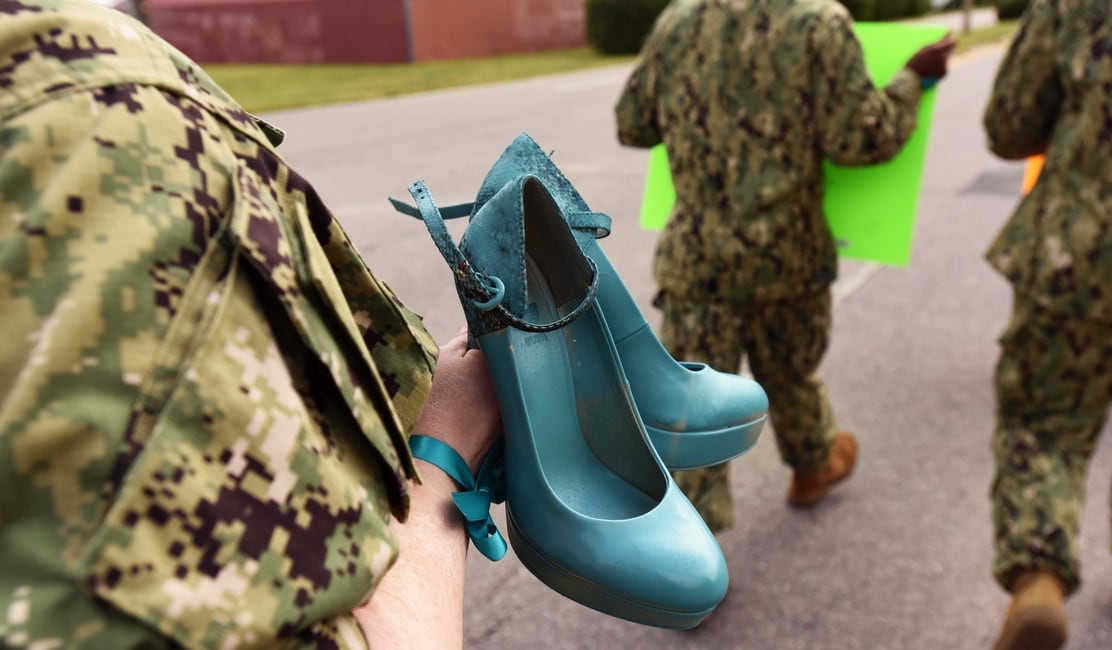Both the military and higher education have struggled with high numbers of sexual assault within their institutions.
This spring, they will combine forces as the secretaries of the Army, Navy and Air Force put on a summit on campus sexual assault, inviting leaders and subject matter experts from both government and higher learning.
It will be held in April at the Naval Academy in Annapolis, Maryland, according to a Dec. 12 Navy news release.
“The purpose of the conference is to advance the national dialogue at the college and university level regarding the scourge of sexual harassment and assault,” the release said. “Evidence-based best practices will be shared on prevention and response efforts, as well as the benefits of increased partnerships and collaboration.”
Sexual assaults both in the military and on campus have been under a microscope in recent years, with multiple research efforts dedicated to both tracking incidents and preventing future violence.
Reports of sexual assault in the services were up almost 10 percent between fiscal years 2016 and 2017, according to an annual Defense Department report released in May. The RAND Military Workplace Study that 14 percent of female service members and 2 percent of male service members have been assaulted. Further, it found 22 percent of women and 7 percent of men had been sexually harassed.
Officials have attributed the spike in reports to a growing motivation among survivors to document and initiate investigations. Over the same reporting period, reports at the U.S. Military, Naval and Air Force academies jumped from 86 to 112.
Meanwhile, on civilian college campuses, the numbers show some similarities. About 23 percent of women and more than 5 percent of men in undergraduate programs have experienced sexual assault, according to a 2015 report from the Association of American Universities. Compared to young adults who aren’t in school, male students are 78 percent more likely to be assaulted, while female students are 20 percent less likely.
RELATED

“This issue requires our collective attention and action," the release said. “Working together, the service secretaries believe the gathered leaders can develop and share strategies that will make a significant impact on increasing awareness, improving education, and providing care for victims.”
Details will be announced in the new year, according to the release, with invitations to follow.
Meghann Myers is the Pentagon bureau chief at Military Times. She covers operations, policy, personnel, leadership and other issues affecting service members.




